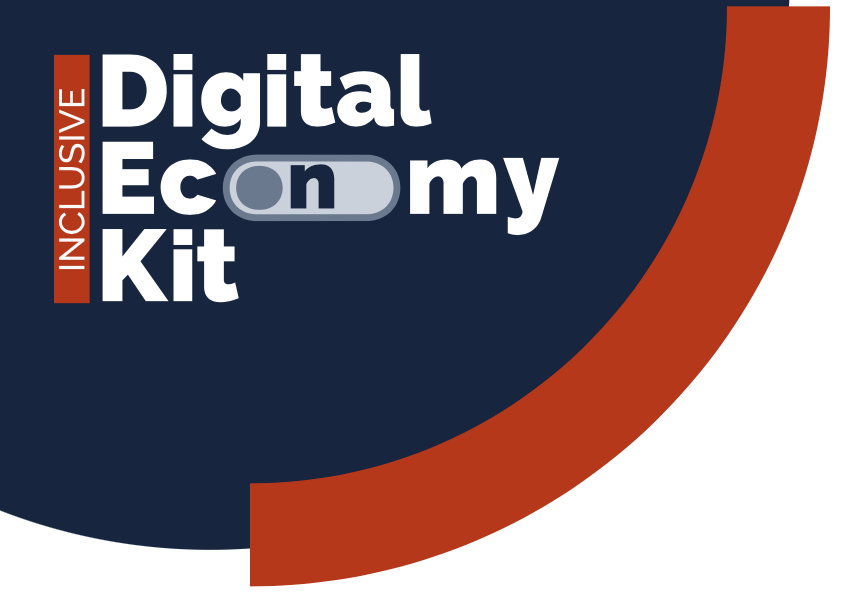Breadcrumb
Digital Pathways at Oxford (January 2020 – March 2022) examined the challenges of digital transformation and asked how developing countries can govern digital technologies to ensure inclusive growth.
Building on the work of the Pathways for Prosperity Commission, Digital Pathways at Oxford produced research to support informed decision-making on the governance of digital technologies, with a focus on low- and middle-income countries. This knowledge provided the foundations for practical engagement with governments and policymakers, supporting them to undertake digital transformation, synthesising research into impact-oriented policy advice, and building a network of practitioners and experts in digital governance.
Through two years of research, analysis and dialogue, Digital Pathways has examined the challenges of digital transformation and asked how developing countries can govern digital technologies to ensure inclusive growth.
Digital Economy Toolkit

The Digital Economy Toolkit provides a foundational framework for governments and policymakers to coordinate a country’s actions in the digital space into a cohesive, comprehensive strategy for inclusive economic growth.
Digital technologies are fundamentally changing societies and economies. We conducted cutting-edge research mapping the legal and policy challenges that arise with the spread of digital technologies – investigating how governance frameworks are being strained and reshaped by the digitalisation of the economy – and provided concrete proposals to improve them.
We produced research on digital tax; digital competition; digital trade (see also); digital access and inclusion issues, and cybersecurity (see also).
Remembering Benno Ndulu
Our team at Digital Pathways was incredibly fortunate to have worked with Professor Benno Ndulu and benefited from his academic expertise, career experiences and personal wisdom. He had previously been academic co-director of the Pathways to Prosperity Commission. Benno passed away in February 2021.
Our projects are rooted in three workstreams within digital technology research.
These are economic regulation, improvements in service provision and inclusive growth, and trust and cybersecurity.
- In the regulation of the digital economy stream, we investigate what regulatory frameworks are required, at both national and international levels, to ensure that the maximum economic and social benefits are derived from digital tech, for the largest number of people. We aim to support innovation and emerging business models by anticipating and tackling the various risks and challenges in this area. We are working on several projects, focusing on aspects of digital trade in the UK and internationally.
- For the stream focusing on improvements in service provision and inclusive growth, we research how governments can use digital technologies to improve policy outcomes for all. As well as examining how digital inclusion is measured, we have additional projects looking into the influence of gender norms and also the use of technology to motivate children’s learning.
- Our work on trust and cybersecurity looks at how cybersecurity policies and strategies could mitigate cyber risks while also building resilience and trust in digital technologies. Ongoing projects include work on cybersecurity in education, and for governments.
We worked with governments to implement the Digital Economy Kit, a cross-cutting framework and process that coordinates a country’s actions in the digital space into a cohesive, comprehensive strategy for inclusive economic growth.
We have completed this process in Bangladesh, Benin, Ethiopia, Indonesia, Lesotho, Malawi Mongolia, and South Africa.
View a map of our delivery approaches across the world.
- EdTech
- Omidyar Network
- United Nations ESCAP
- Foreign, Commonwealth & Development Office
- Netherlands Ministry for Foreign Trade and Development Cooperation








